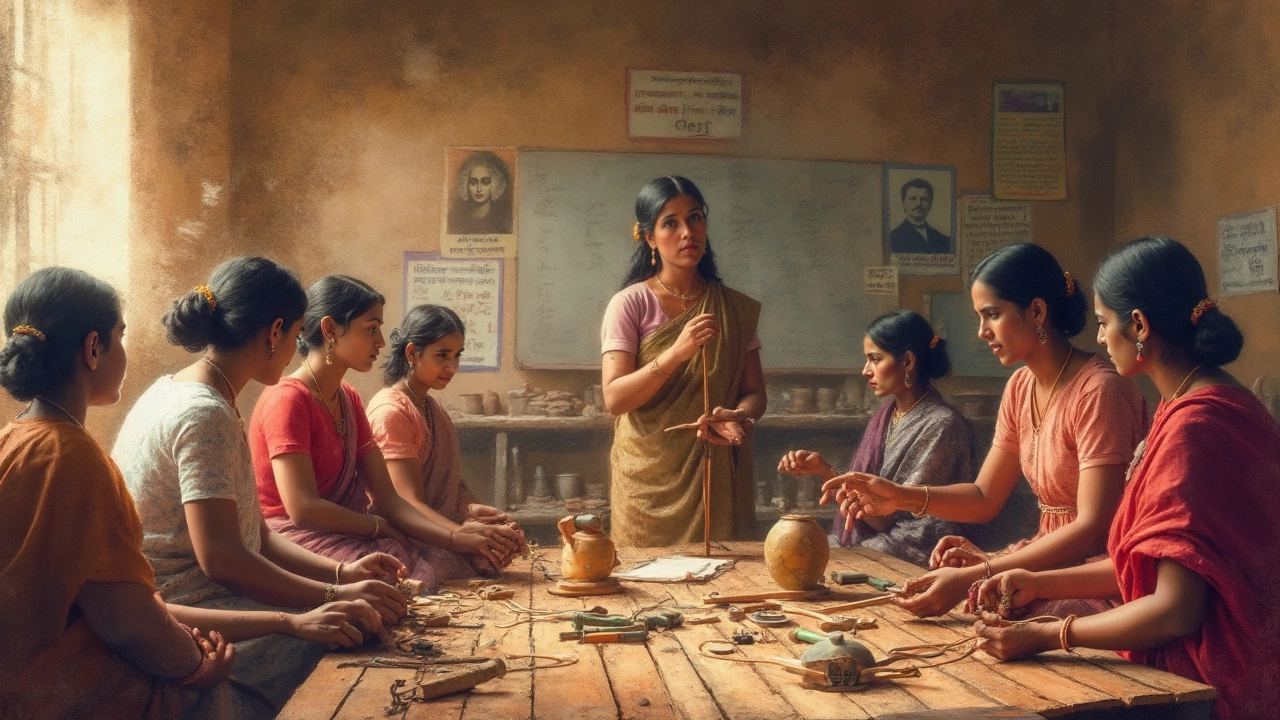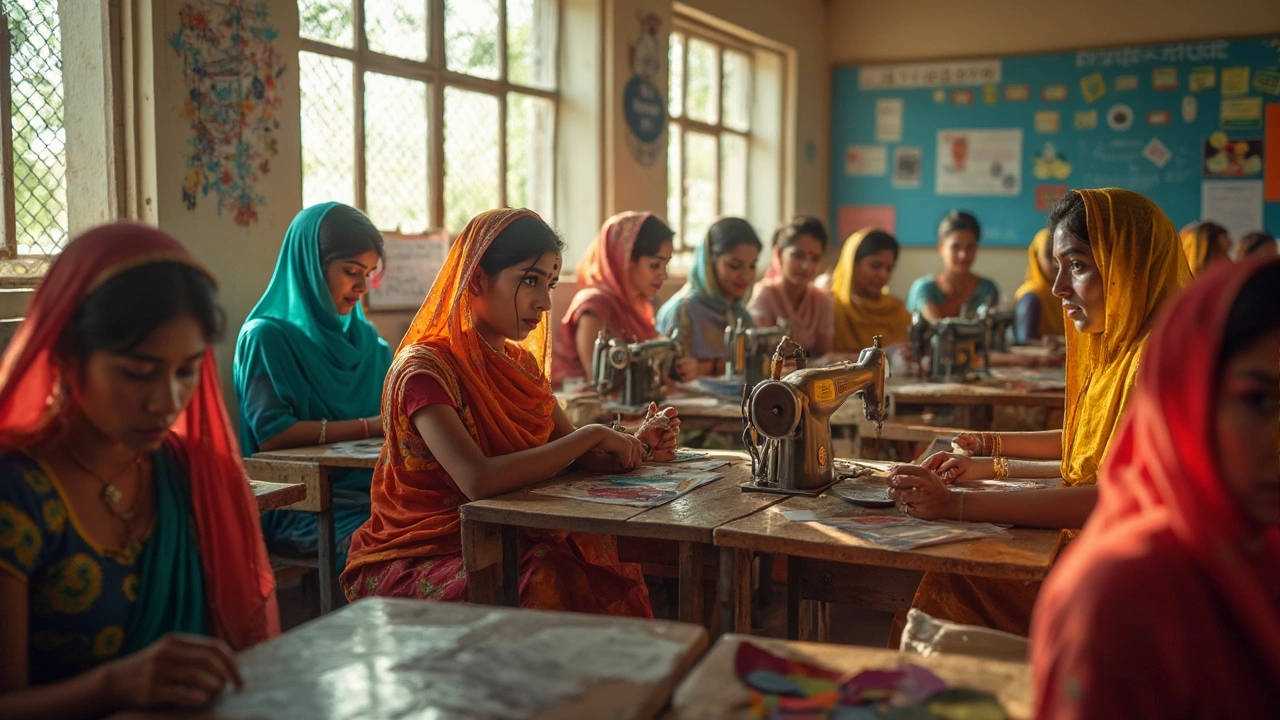Discover what an early career program is, why it matters for women in vocational training, key components, how to join, and real‑world examples to kick‑start a career.
MoreTag: skills development
Who first thought women should have access to hands-on job training? This article breaks down the key figures who fought for women's vocational training rights. Find out which individuals and groups made a real difference, and why their efforts still matter today. You’ll also pick up some practical tips on using their legacy to shape your own career or community. Let's get right to the facts.
MoreVocational activities are hands-on learning experiences that help women build job skills directly tied to real-world careers. This article explains what vocational activities really mean, why they matter for women, and how they’re different from general classroom learning. Discover practical examples, interesting facts, and smart tips for finding the right activities. Uncover how these activities can boost confidence and open doors to better job opportunities for women. Skip the confusing jargon—this is your clear guide to getting started with vocational training.
MoreEver wondered what vocational training actually means? This article breaks down the full meaning of vocational training, focusing on its purpose within government programs. You'll learn how it works, who it's for, and why it's such a game changer for job seekers. Get ready to discover surprising facts, practical tips, and ways you or someone you know can use vocational training to land a better job. By the end, you'll see why this option is more popular than ever.
MoreExploring the language of vocational training programs reveals more than just terminology; it reflects evolving perspectives about learning and skills development. This article delves into alternative words for 'training' within government programs, highlighting how vocabulary influences and shapes public perception and program participation. It also provides practical tips on rethinking educational terms to better connect with diverse audiences. By understanding the nuances of this language, we can appreciate the subtle shifts in how vocational education is presented.
More



